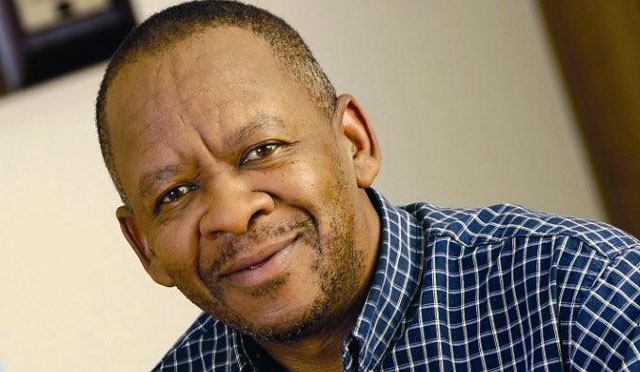
MultiChoice has hit back strongly at claims by another media group Caxton and by two public broadcasting advocacy groups that its 2013 deal with the SABC over the supply of two television channels to DStv constituted a merger.
Caxton, along with the SOS Coalition and Media Monitoring Africa, are challenging the deal, which, critics says, led to the public broadcaster abadonding its support of set-top box encryption for digital TV.
The parties contend that the SABC “effectively ceded its power to determine its policy on set-top box control to a commercial broadcasting entity that is also its competitor”.
At the time the deal was signed, the SABC, which had been in favour of set-top control in digital terrestrial television, suddenly rejected the idea on encryption after previously being strongly in favour of it.
But MultiChoice South Africa executive chairman Nolo Letele hit back on Sunday, describing the claims by Caxton as “absolute rubbish”.
In a piece published in the City Press newspaper, Letele said: “These allegations are flawed in both law and fact. If the licensing of content constitutes a merger, MultiChoice would be merging with every channel provider on its platform. Clearly the allegations have no merit and we will be challenging the application at the Competition Tribunal.”
But questions continue to swirl around the nature of the pay-TV operator’s deal with the SABC, which was for the supply of a 24-hour news channel and a 24-hour entertainment channel. (The latter was not provided, in breach of the contract, though it appears no penalties were imposed.)
MultiChoice is vehemently opposed to set-top box control being included in the up-to-5m set-top boxes that government will subsidise as part of South Africa’s migration from analogue to digital terrestrial television, arguing that such a move would amount to unfair competition by subsidising prospective new pay-TV players. A control system based on conditional access is a prerequisite for launching a pay-TV platform.
Media Monitoring Africa and SOS said this week that they became involved after Caxton asked them to join it in challenging the broadcasters’ deal. The two advocacy groups said this week that MultiChoice and the SABC are required to notify competition authories of their deal.
“When news of the deal broke in 2013, both Media Monitoring Africa and SOS expressed deep concern as to the nature of the deal. We both believe it fundamentally works against the best and long-term interests of the SABC and the people it serves.”
The organisations have three main concerns with the deal. Firstly, they argue that the SABC handed over power and control of its archives to MultiChoice. Secondly, they say the SABC effectively ceded its power to determine its policy on set-top box control to a commercial broadcaster that is also a competitor. Lastly, for a future channel to be developed by the SABC, they say MultiChoice may veto some programmes and select only the best ones to be broadcast exclusively on the SABC-MultiChoice platform.
MultiChoice, meanwhile, has again reiterated that it welcomes the apparent decision by government that set-top boxes for digital TV won’t require an encryption system based on conditional access.
In the same City Press piece on Sunday, Letele described remarks by communications minister Faith Muthambi that the set-top box control system will be for security only, and will not, in fact, be an encryption system, as a “great leap forward”.
“An unencrypted solution has long been advocated by the majority of those in the broadcasting sector — MultiChoice, the SABC, the majority of community television licensees and the National Association of Manufacturers in Electronic Components,” he said.
Rival e.tv is strongly in favour of a control system based on encryption, arguing that this is necessary if free-to-air broadcasters are to secure the latest international content, allowing them to compete more effectively with DStv. — © 2015 NewsCentral Media




